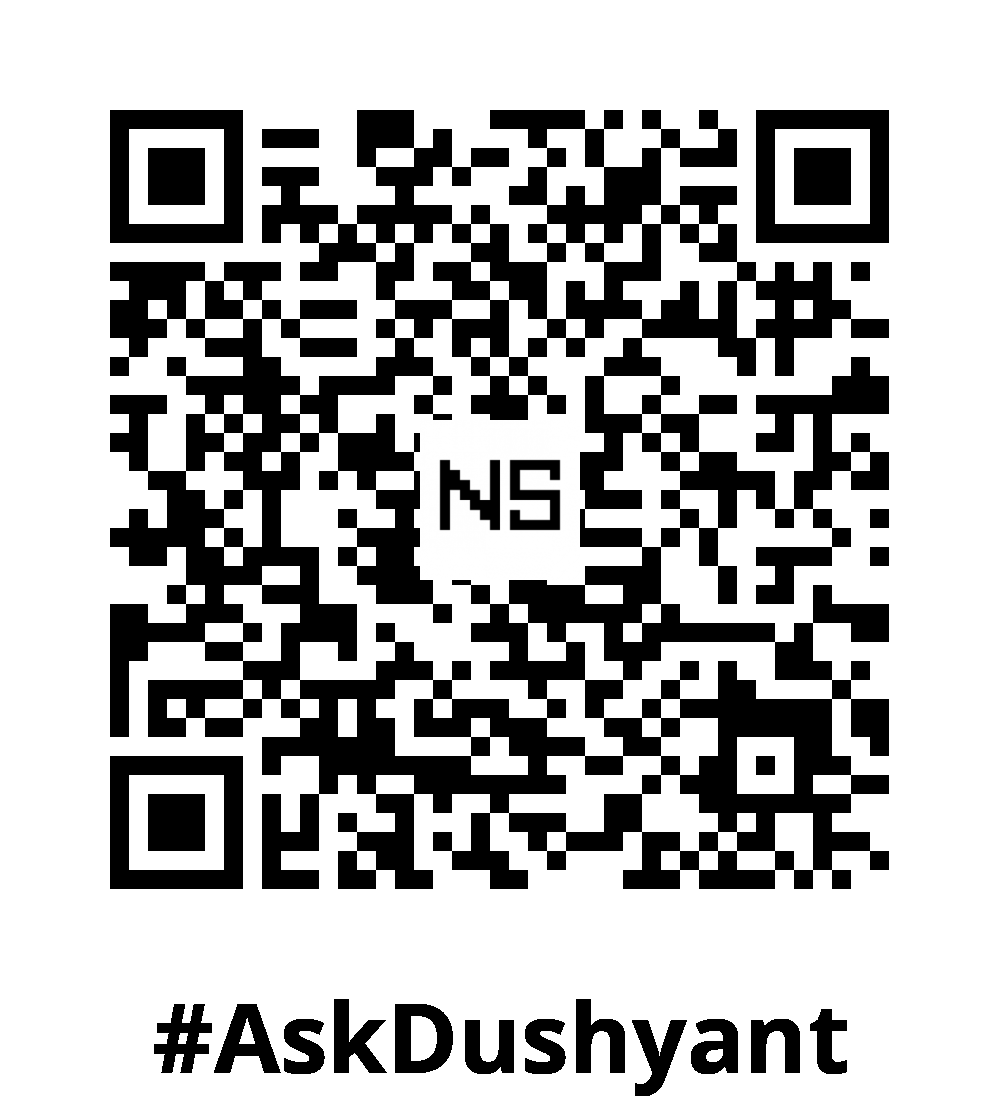Flask, a lightweight and versatile microservices framework for Python, offers agility and flexibility for developing scalable and modular applications. This blog post, explore Flask as a microservices framework, highlight its best use cases, provide a sample code snippet, showcase how to deploy Flask microservices on the AWS cloud platform, and conclude with a microservice that integrates Flask with powerful data processing libraries. By the end, you’ll be equipped with insights into leveraging Flask for microservice development and enabling data-driven applications.
Flask as a Microservices Framework
Flask, known for its simplicity and flexibility on top of Python, can be effectively utilized as a microservices framework. Its lightweight nature allows developers to quickly build microservices without unnecessary overhead. Flask’s minimalistic approach empowers developers to choose the components they need and integrate them seamlessly. With Flask, you have the freedom to design and scale your microservices according to your specific requirements.
Best Use Cases for Flask Microservices
Flask microservices are well-suited for a variety of use cases, including:
- RESTful APIs: Flask provides excellent support for building RESTful APIs, allowing developers to define routes, handle requests, and respond with JSON or other data formats efficiently.
- Integration Services: Flask’s flexibility makes it an ideal choice for microservices that integrate multiple systems, acting as a bridge between different components and facilitating seamless communication.
- Prototyping and Proof of Concepts: Flask’s simplicity and ease of use make it a great choice for rapidly developing prototypes and proof of concepts for microservices, allowing quick validation of ideas.
- Data Processing and Analytics: Flask can integrate with powerful python data processing libraries like NumPy, Pandas, and Scikit-learn, making it a suitable framework for developing microservices that handle data analytics, machine learning, and predictive modeling tasks.
Sample Code
To demonstrate Flask’s capabilities as a microservices framework, consider the following code snippet for a basic Flask microservice:
from flask import Flask, jsonify
app = Flask(__name__)
@app.route('/askdushyant')
def askdushyant():
data = {
'message': '#Dushyant Say’s, Flask is Awesome for prototyping!'
}
return jsonify(data)
if __name__ == '__main__':
app.run()In this example, we create a Flask microservice with a single route for the /askdushyant endpoint. When a request is made to this endpoint, the server responds with a JSON message containing a response message. Flask’s simplicity and intuitive routing system make it effortless to define routes and handle requests, facilitating microservice development.
Deployment on AWS Cloud Platform
Deploying Flask microservices on the AWS cloud platform can be achieved through various approaches. One option is to use AWS Elastic Beanstalk, which simplifies deployment by handling infrastructure provisioning, load balancing, and auto-scaling. Another method is containerizing the Flask microservice with Docker and deploying it on AWS Elastic Container Service (ECS) or Elastic Kubernetes Service (EKS). AWS Lambda also provides serverless deployment options, allowing Python Flask microservices to scale dynamically based on demand.
My Tech Advice: Flask, with its simplicity and flexibility, is a powerful choice for developing microservices for proof of concept prototyping. As a microservices framework, Flask enables agile development, seamless integration, and scalability. The provided code snippet demonstrates the ease of creating Flask microservices with JSON responses. By integrating Flask with powerful data processing libraries, businesses can harness the potential of data analytics, machine learning, and other data-driven applications.
#AskDushyant
#TechAdvice #TechTool #Microservices #Flask
Note: The example and pseudo code is for illustration only. You must modify and experiment with the concept to meet your specific needs.


Leave a Reply